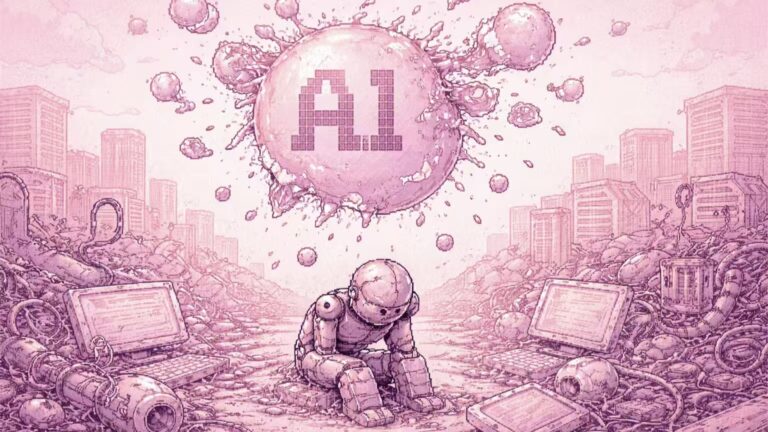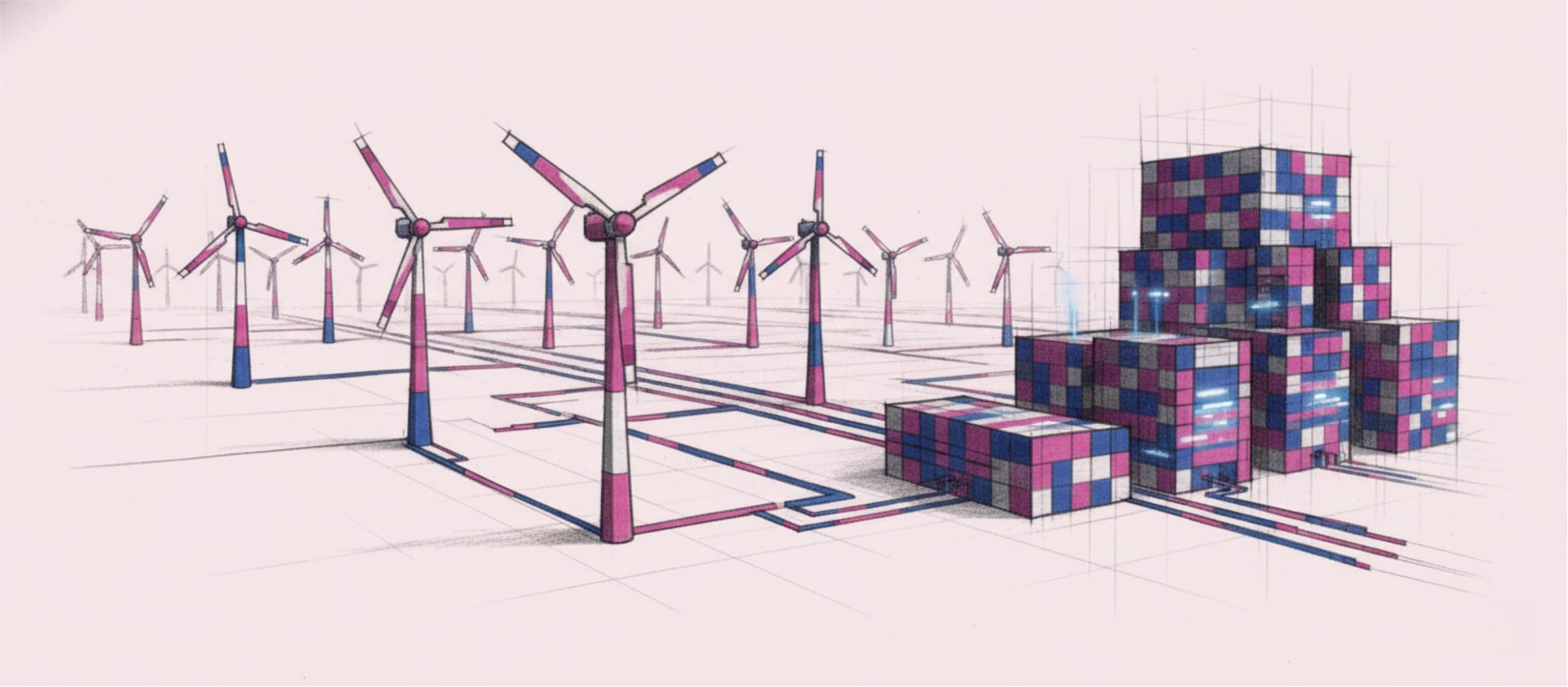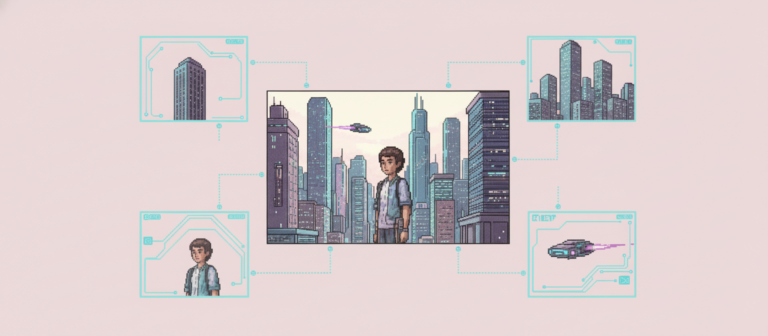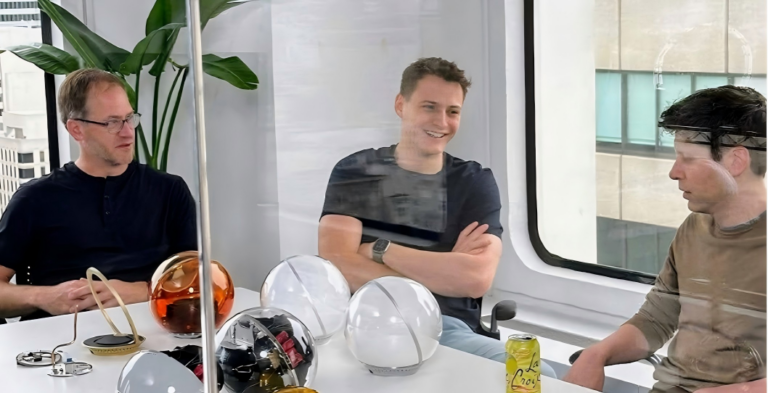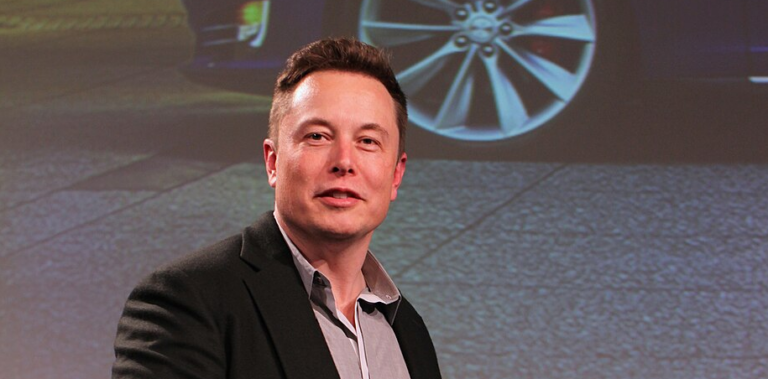By Super Neuro
Eric Schmidt, executive chairman of Google's parent company Alphabet, once said: "Many years ago, we thought, wouldn't it be great if we could apply technology to urban construction?"
Since Toronto approved Google's future urban construction plan in the local lakeside area last year, Sidewalk, the subsidiary responsible for implementing the plan, has been conducting the necessary data collection work.
This is the first time in history that technology companies have been able to participate in the construction of major cities in the world.
Google's City of the Future
Founded in 2015, Sidewalk is a subsidiary of Google and the main executor of Google's future city plans.
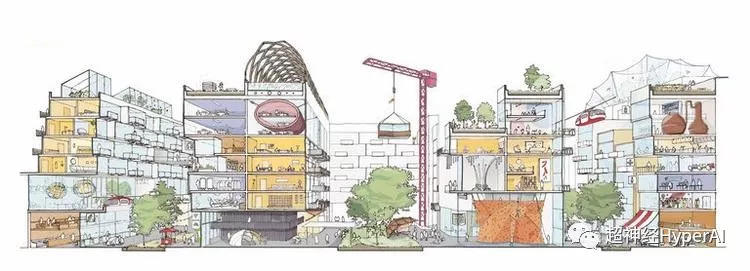 Last October, the company successfully won the bid for Toronto's urban construction and, together with the local government, was responsible for the reconstruction plan of the city's approximately 800-acre lakefront area. Judging from the bidding PPT, Sidewalk hopes to build a city of the future here and establish the world's first Internet community.
Last October, the company successfully won the bid for Toronto's urban construction and, together with the local government, was responsible for the reconstruction plan of the city's approximately 800-acre lakefront area. Judging from the bidding PPT, Sidewalk hopes to build a city of the future here and establish the world's first Internet community.
They decided to start building this city of the future from the dock area (a local neighborhood). This will be the first city in the world to be built by engineers from a private technology company. Currently, urban construction in countries around the world is led by the government.
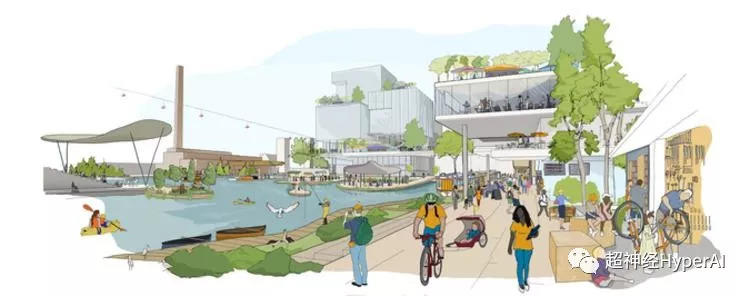
In the PPT, the city of the future is very suitable for human work and life. There is no noise or pollution here. Autonomous driving and intelligent transportation will completely solve the congestion problem. Flexible building layout can also effectively reduce living costs. With the use of digital technology, community connections will be closer, and the entire city will be heading for sustainable and recyclable development.
It can be said that this utopian city will fundamentally solve all the social problems we are facing now. However, all of this is still in the planning stage. Sidewalk said it will officially start construction next year.
They and the local government believe that this city will become a model and benchmark for future urban construction.
But, it was questioned before it even started.
In order to start construction next year, Sidewalk needs to collect some necessary data to understand the current status of the neighborhood.
To this end, they installed a large number of data collectors in the neighborhood to collect information on local traffic, climate, noise, power grid performance, garbage disposal methods, etc.
So, here comes the trouble.
These collectors on the streets have caused Sidewalk to be questioned by the public, such as how the data should be managed, whether there are data leaks, whether the collectors will be used to monitor residents, and whether Google will use the data for other purposes.
Sidewalk explained that these data collectors will not be used on residents, nor will they monitor residents, and all data will only be used for the government and them to understand the neighborhood.
This isn’t the first city to feature a futuristic concept.
Before Sidewalk proposed the concept of future cities, the South Korean government had already built a smart new city in Songdo, a coastal city about 60 kilometers from Seoul, which is currently the city closest to the concept of the future.
However, due to various reasons, the city, which was originally scheduled to be completed this year, is expected to be delayed until 2022.
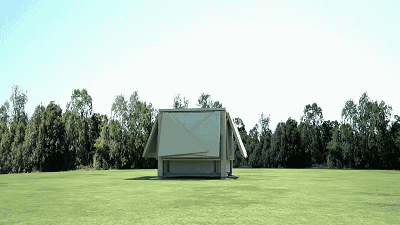
Like Sidewalk, Songdo’s smart city also claims to be sustainable. In the imagination of the project developers, all garbage in the city will be automatically processed, smart transportation will solve congestion problems, mobile networks will be fully covered, and work and study can be done remotely.
But the reality is different.
This smart city, which began construction more than a decade ago and can accommodate more than 300,000 people, has not yet been completed. Due to the high cost of living, the total population is only about 70,000. Moreover, the garbage is not automatically processed, and other high-tech concepts have not been realized except for more modern skyscrapers.
This government-led smart city is becoming a ghost town. If its cost of living could be lower, it might be able to attract some residents.
Now, Google has also begun to build a future city. Will this city built by technology engineers follow in the footsteps of Songdao, or will it become a benchmark for future city construction in the world?
We all hope it's the latter.



